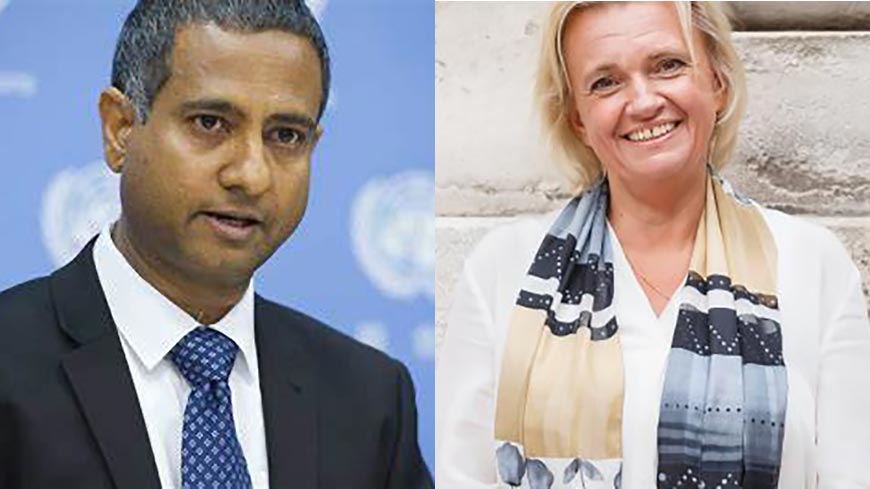Ambassadors discussed current trends and concrete examples with three distinguished and experienced guest speakers. The discussion covered the following topics.
Hate Speech online
A Council of Europe expert group is set to draft a comprehensive legal instrument on combating hate speech”, including online. The European Commission’s recent proposal for a Digital Services Act sets out mechanisms and rules governing the transparency and accountability of online platforms regarding content moderation, in particular the removal of illegal content. Member states are addressing online hatred with new policies and bodies. In 2020, the French government set up an observatory dedicated to online hate speech.
Noémie Madar, President of the French Jewish Students Union reported on recent experience of combating hate speech on Twitter and content moderation by social media. Link to the presentation here.
Racism and discrimination
The Council of Europe’s Commission against Racism and Intolerance (ECRI) monitors racism and intolerance in the member states and has published on a range of issues including xenophobia, antisemitism and discrimination. ECRI plans to publish new general policy guidelines on fighting antisemitism and combating intolerance and discrimination against Muslims. The EU launched its Anti-racism Action Plan 2020-2025 and is set to publish its first Strategy on combatting antisemitism.
Ahmed Shaheed, the UN Special Rapporteur on freedom of religion or belief presented his recent report on anti-Muslim hatred and discrimination. Link to the presentation here.
Interreligious dialogue
Interreligious dialogue can make a positive contribution to combating discrimination and hate. The Council of Europe has undertaken substantial work on the religious dimension of intercultural dialogue, reflected in the Warsaw Summit, the White Paper on Intercultural Dialogue and the "Volga Forum", which called for developing mechanisms for an open, transparent and regular dialogue with the main religious organisations in Europe.
Dr Regina Polak, the Personal Representative of the OSCE Chairperson-in-Office on Combating Racism, Xenophobia and Discrimination, also focusing on Intolerance and Discrimination against Christians and Members of Other Religions, elaborated on “Transformation of Religion in the socioreligious field of Europe. The impact on the OSCE comprehensive approach.” Link to the presentation here.



